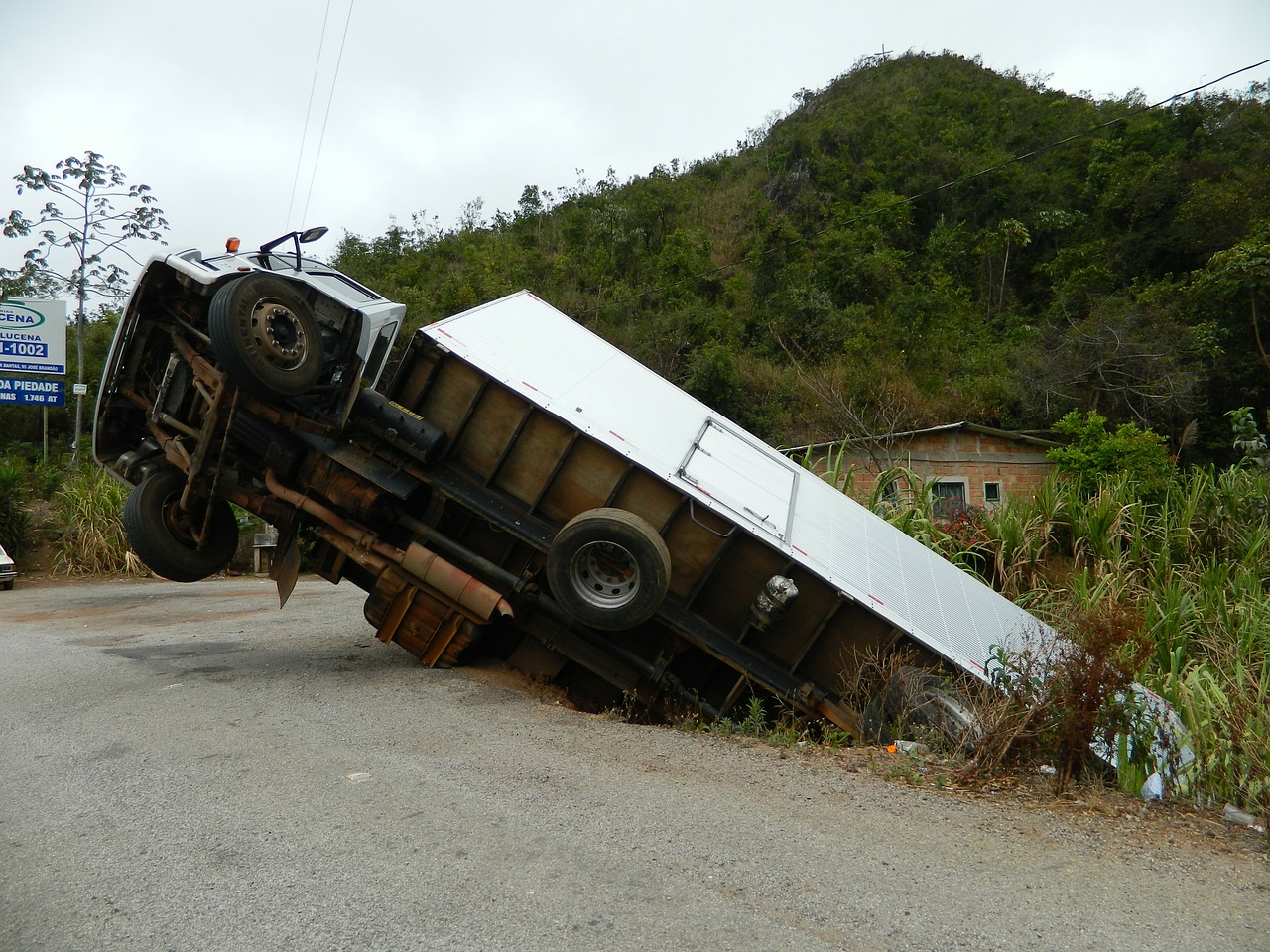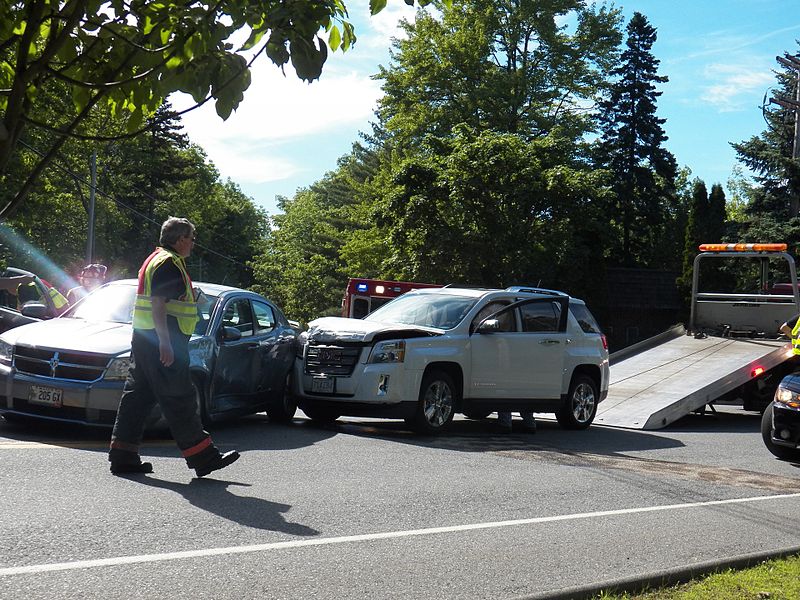
Not all car accident injuries are same, especially if these involve “big rigs” or commercial semi-trucks. The unique legal issues of these cases leave a significant impact on the trial outcome or out-of-the-court settlement.
It’s an obligation for the semi-truck operators to follow a slew of federal and state regulations. They must obtain insurance with higher limits compared to the standard car drivers in order to operate their vehicle for commercial purposes. Moreover, parties except the semi-truck drivers may share financial obligation.
For the collective reasons mentioned above, the plaintiff, who has suffered injuries due to negligence of an at-fault semi-truck driver i.e. the defendant, stands a better chance of reaching a settlement that compensates his/her damages than a claimant in a ‘standard’ car accident.
This article sheds light on the most important factors of injury settlement that follows a semi-truck accident
State and Federal Regulations
Semi-truck manufacturers, owners and operators must conform to several state and federate regulations. The maximum weight ‘hauling’ capacity of a rig, how long the truck driver can travel without rest and if quality was maintained during manufacturing process and in times of repair are only the tip of the iceberg in the context of regulated conducts in the trucking business.
If the plaintiff is not liable for the accident in any given accident case, it’s most likely that one of the defendants breached a stature or ordinance. The plaintiff’s ‘not at-fault’ status plays a crucial role in settlement because evidences of violations of any pre-set statute or other regulations increase the plaintiff’s chance of winning at trial. The higher the chances in favor of the plaintiff, the more a defendant is willing to settle the deal instead of going for a trial.
State and federal regulations have another important aspect that involves higher insurance burden on the truck owners and operators. A defendant, for all practical purposes, can reach a settlement dealin any type of truck accident cases, the amount of which he/she can easily afford or can accept the maximum amount set by his/her insurer (also known as the policy limit).
The higher minimum limit in semi-truck insurance set by the law implies that even if the employer or driver carried only the minimum amount, it won’t make a ground for awarding the plaintiff a small amount. It is in stark contrast with the concept of ‘MINIMUM’ required insurance in standard car accident cases.
Multiple Defendants and Its Impact on Settlement
When a lawsuit involves multiple defendants, they will be held equally liable for compensating the plaintiff for his/her damages or they may be responsible for only the volume of damages caused by them, depending on the available evidences.
Involvement of multiple defendants in a truck accident that injured the plaintiff has a serious drawback if they share unclear proportions of responsibility. The scenario makes it difficult to obtain a settlement and might proceed to a trial.
Even if the plaintiff is not liable for the accident, the defendants will most probably prefer a trial for settlement due to their disagreement over their ‘’fault’ proportions and who owes ‘how much’. According to a Portland truck accident attorney, a plaintiff can reach settlement with one defendant and then sue other defendants to obtain the balance of the compensation set by the court.






